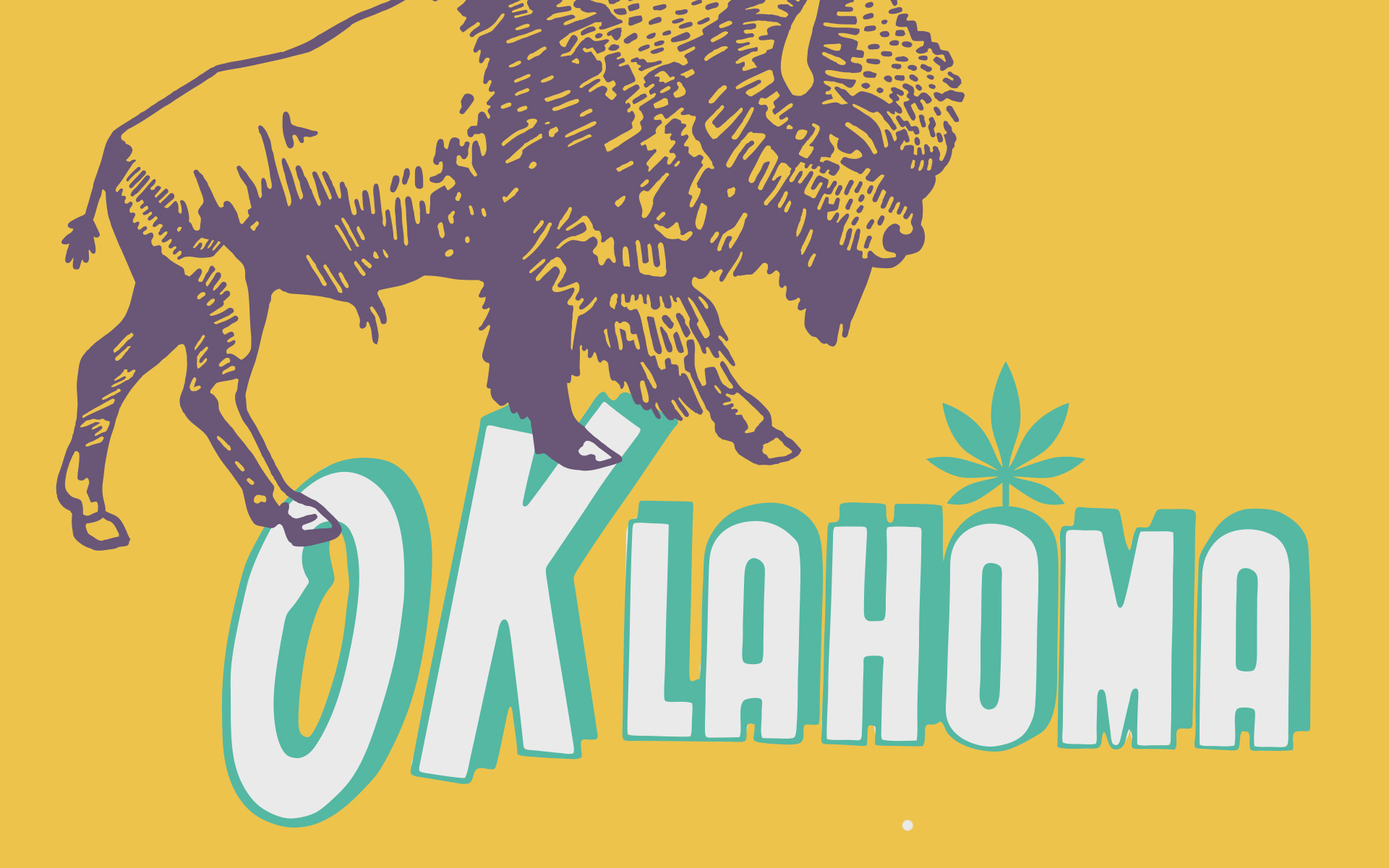Oklahoma Voters to Decide on Recreational Cannabis Legalization: What’s at Stake for the State’s Booming Cannabis Industry?
OKLAHOMA CITY, In just under two weeks, voters in Oklahoma will have the opportunity to decide whether to legalize recreational cannabis in addition to the state’s already expansive medical cannabis market. The measure, State Question 820, would significantly expand access to cannabis for consumers and entrepreneurs alike in Oklahoma, which already boasts one of the most accessible medical marijuana industries in the country.
Since the launch of the state’s medical cannabis program in 2018, thousands of businesses, from growers to dispensaries to testing labs, have been licensed to operate, creating a massive and highly profitable industry. As of February 17th, the Oklahoma Medical Cannabis Authority database reported 11,910 licensed cannabis companies across the state, a staggering number for a market that is still less than five years old.
Despite the potential benefits of legalization, however, it is still unclear how voters will ultimately decide. A poll conducted in November 2021 by Amber Integrated and KOCO 5 found that 49% of voters supported the legalization of recreational cannabis, with 38% opposed and 13% undecided. While these numbers may seem promising for cannabis advocates, it is important to note that the special election, which is being held in an off-year, may result in lower voter turnout than a typical general election.
Furthermore, some established conservative politicians in the state have expressed opposition to the legalization of recreational cannabis. Governor Kevin Stitt, for example, has gone on record opposing State Question 820, as have other prominent GOP leaders in the state, including Attorney General Gentner Drummond. These conservative politicians have voiced concerns about the potential risks associated with an even more open cannabis industry, including allegations of increased crime.
In response to the opposition, the “Yes on 820” campaign has emphasized the potential economic benefits of legalization, including the possibility of generating over $820 million in tax revenue in the first five years of sales. Meanwhile, an organized opposition campaign, “Protect Our Kids, Vote No on 820,” has emerged, alleging that legalizing marijuana poses a danger to young people and would only exacerbate existing criminal problems associated with the state’s medical cannabis market.
The fate of State Question 820 remains uncertain, and recent history suggests that the legalization movement has faced numerous electoral setbacks, particularly when it comes to recreational cannabis. In November 2021, for example, three out of five states that attempted to legalize recreational cannabis (Arkansas, North Dakota, and South Dakota) ultimately rejected the proposals, despite already having functional medical cannabis industries.
With the election just around the corner, it remains to be seen how Oklahomans will vote on State Question 820 and what the future of the state’s cannabis industry may hold.
(This information is primarily sourced from Reportlinker. Highly Capitalized has neither approved nor disapproved the contents of this news release. Read our Disclaimer here).


































